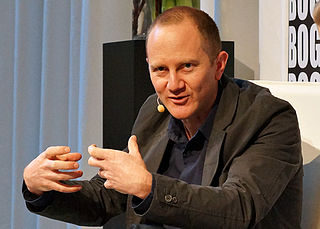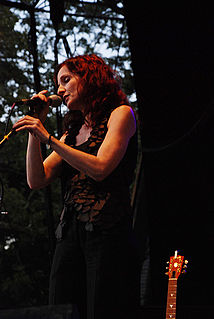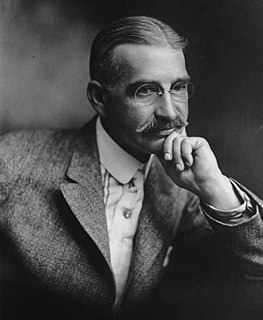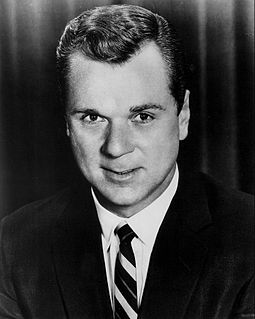A Quote by Martin Rees
Scientists habitually moan that the public doesn't understand them. But they complain too much: public ignorance isn't peculiar to science. It's sad if some citizens can't tell a proton from a protein. But it's equally sad if they're ignorant of their nation's history, can't speak a second language, or can't find Venezuela or Syria on a map.
Related Quotes
Complaints are everywhere heard from our most considerate and virtuous citizens, equally the friends of public and private faith, and of public and personal liberty, that our governments are too unstable, that the public good is disregarded in the conflicts of rival parties, and that measures are too often decided, not according to the rules of justice and the rights of the minor party, but by the superior force of an interested and overbearing majority.
Scientists blame the audience for being too stupid, shallow, or lazy to understand. There has been a fascinating debate in the blogosphere lately about communicating science to the public, and it's clear that most scientists just don't get it. They can't be bothered to talk to real people. Nobody will care about your issues if the price they have to pay is listening to a long lecture from Morton the science bug.
Public speaking is done in the public tongue, the national or tribal language; and the language of our tribe is the men's language. Of course women learn it. We're not dumb. If you can tell Margaret Thatcher from Ronald Reagan, or Indira Gandhi from General Somoza, by anything they say, tell me how. This is a man's world, so it talks a man's language.
Biographical history, as taught in our public schools, is still largely a history of boneheads; ridiculous kings and queens, paranoid political leaders, compulsive voyagers, ignorant general the flotsam and jetsam of historical currents. The men who radically altered history, the great scientists and mathematicians, are seldom mentioned, if at all.
I think the world is like a great mirror, and reflects our lives just as we ourselves look upon it. Those who turn sad faces toward the world find only sadness reflected. But a smile is reflected in the same way, and cheers and brightens our hearts. You think there is no pleasure to be had in life. That is because you are heartsick and-and tired, as you say. With one sad story ended you are afraid to begin another-a sequel-feeling it would be equally sad. But why should it be? Isn't the joy or sorrow equally divided in life?
The whole point of science is that most of it is uncertain. That's why science is exciting--because we don't know. Science is all about things we don't understand. The public, of course, imagines science is just a set of facts. But it's not. Science is a process of exploring, which is always partial. We explore, and we find out things that we understand. We find out things we thought we understood were wrong. That's how it makes progress.





































